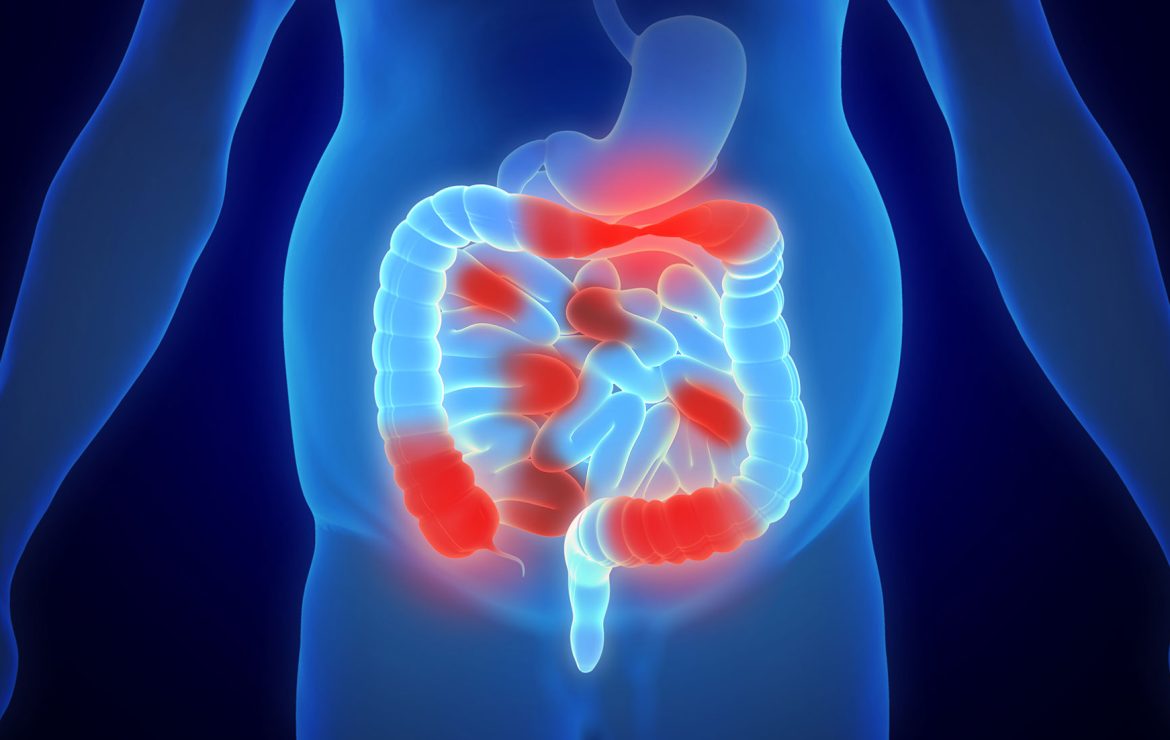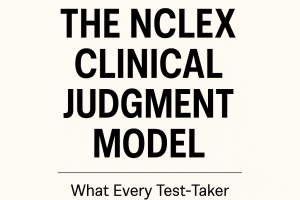Mastering Inflammatory Bowel Disease (IBD) for the NCLEX Exam 2024: A Focus on Crohn’s Disease and Ulcerative Colitis

Inflammatory Bowel Disease (IBD) is a critical topic for the NCLEX exam, as it encompasses two major chronic conditions: Crohn’s Disease and Ulcerative Colitis. Understanding the pathophysiology, symptoms, diagnosis, and management of these diseases is essential for aspiring nurses. This blog post will provide a comprehensive overview to help you prepare effectively for the NCLEX exam.
What is Inflammatory Bowel Disease (IBD)?
IBD is an umbrella term used to describe disorders that involve chronic inflammation of the digestive tract. The two primary types of IBD are Crohn’s Disease and Ulcerative Colitis. Both conditions can significantly impact a patient’s quality of life and require ongoing medical management.
Crohn’s DiseasePathophysiology
Crohn’s Disease is a chronic inflammatory condition that can affect any part of the gastrointestinal (GI) tract, from the mouth to the anus. It most commonly affects the terminal ileum and the beginning of the colon. Inflammation in Crohn’s Disease is often patchy, involving some areas of the GI tract while leaving others unaffected.
Symptoms
Ulcerative Colitis is a chronic inflammatory condition limited to the colon and rectum. Unlike Crohn’s Disease, the inflammation in Ulcerative Colitis is continuous, starting from the rectum and extending proximally. It primarily affects the mucosal layer of the colon.
Symptoms
Understand the Differences: Be clear about the differences between Crohn’s Disease and Ulcerative Colitis, including their pathophysiology, affected areas of the GI tract, and unique symptoms.Memorize Common Symptoms: Recognize the common symptoms of both conditions and understand how they present in patients.Diagnostic Tools: Familiarize yourself with the diagnostic tools used for IBD, including colonoscopy, imaging studies, and lab tests.Management Strategies: Know the various management strategies, including medications, dietary changes, and surgical options.Complications: Be aware of the potential complications associated with both diseases and the interventions required to manage them.Practice Questions: Utilize NCLEX practice questions focused on IBD to reinforce your knowledge and improve your test-taking skills.
Mastering the topic of Inflammatory Bowel Disease, specifically Crohn’s Disease and Ulcerative Colitis, is crucial for success on the NCLEX exam. By understanding the pathophysiology, symptoms, diagnosis, and management of these conditions, you will be well-prepared to answer related questions and provide high-quality patient care. Keep studying, practicing, and applying your knowledge to ensure you excel in your nursing career.






